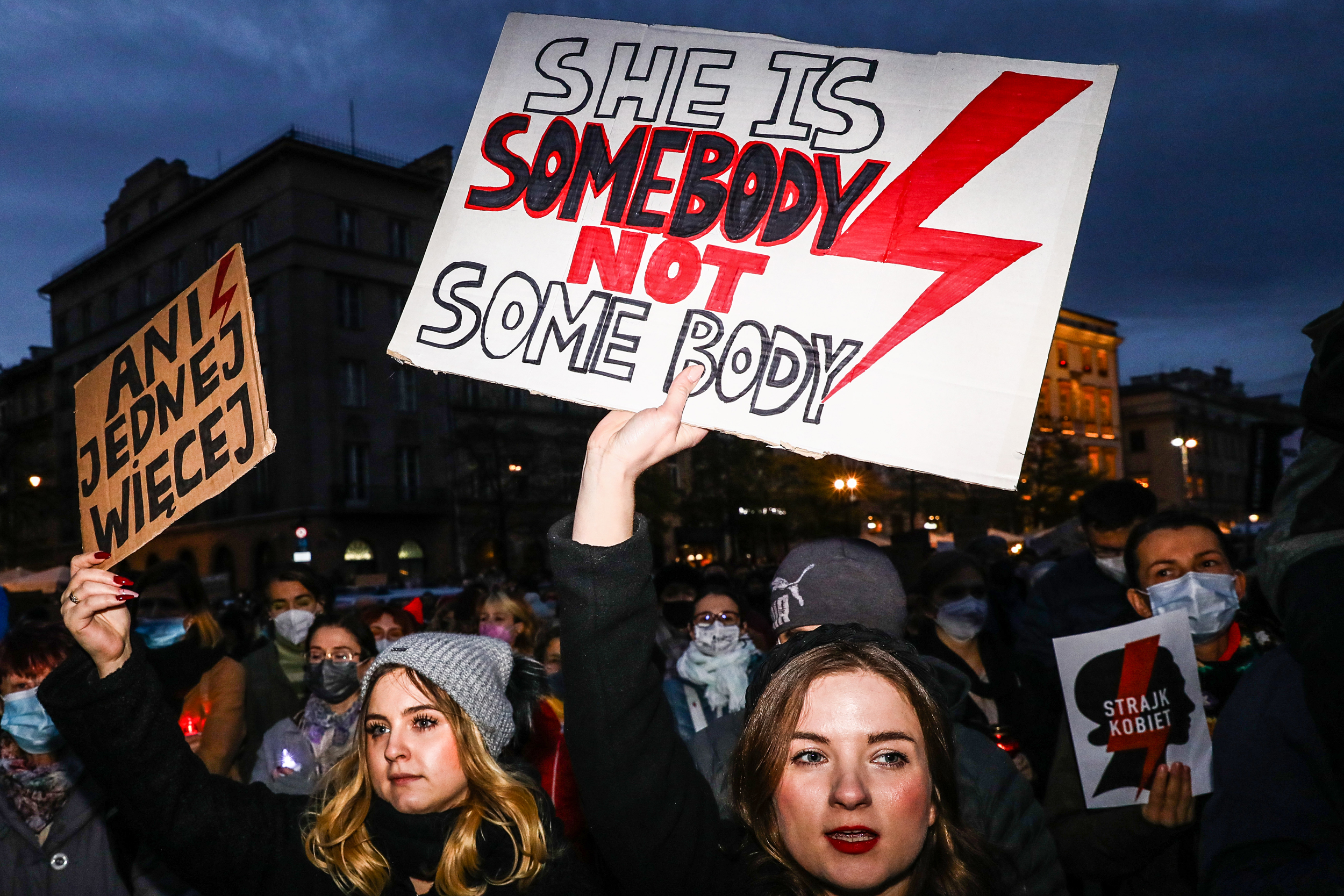Abortion laws around the world: Various countries permit if women at risk

NEW DELHI: The US Supreme Court's overturning of America's constitutional right to abortion gives all 50 states the freedom to ban the procedure, with nearly half expected to do so in some form.
Abortion was already illegal in multiple US states on Saturday, with bans introduced within hours of Roe v Wade being overturned, as cities erupted in protest at the landmark ruling.
US supreme court on Friday abolished the constitutional right to abortion, more than 50 years after it was established, leaving individual states to decide.
As of now, abortions are illegal or heavily restricted in at least 11 US states. In around 12 others, laws are already in place that will allow state authorities to swiftly ban or restrict access to the procedure, according to an NPR report.
Over the past 25 years, more than 50 countries have changed their laws to facilitate access to abortion, in some cases recognising its essential role in protecting a woman's life, her health and fundamental rights.
Abortion nevertheless remains illegal in some 20 countries, notably in Africa, where Congo, Djibouti, Egypt, Guinea-Bissau, the Democratic Republic of Congo and Senegal all maintain a ban.
Terminations also remain illegal in Honduras, Nicaragua, Suriname, Haiti and the Dominican Republic as well as the Philippines, Laos and Palau.
In Europe, outposts continue to uphold a total ban, in Andorra, Malta and the Vatican State.
Around 50 countries — including Libya, Indonesia, Nigeria, Iran and Venezuela — cc. Several others allow it in cases of rape, incest or foetal abnormality.
For instance, India’s Medical Termination of Pregnancy Act, 1971 allows abortion until 20 weeks of pregnancy. An amendment in 2021 raised the ceiling for abortions to 24 weeks for special categories of pregnant women such as rape or incest survivors, that too, with the approval of two registered doctors.
Brazil allows abortion only in cases of rape or foetal disability. In such cases, the woman will need approval from one doctor and at least three clinical experts. A health ministry regulation in 2020 stated that doctors are required to report to the police anyone who seeks an abortion after being raped.
In Canada, Australia and much of Europe there are few restrictions other than gestational limits.
Most European countries permit abortions within gestational time limits, which most commonly is about 12-14 weeks. But in many countries, there are a variety of exceptions that allow abortions to take place even later. F
or instance, in the UK, pregnancy can be terminated right up until birth in cases of foetal disability.
Notably, many traditionally conservative Catholic countries in Europe and Latin America have expanded abortion rights following widespread protests by pro-choice groups and women’s rights activists.
One of the most remarkable shifts in abortion rights was witnessed in Ireland, where in 2018, the public voted to overturn the country’s restrictive abortion laws.
The following year saw liberalisation in Northern Ireland, which had been the sole part of the United Kingdom still holding out.
Britain had legalised with a 1967 act of parliament -- the Soviet Union having been first off the mark globally with legalisation in 1920.
New Zealand only decriminalised in 2020. While most Australian federal states had legalised by 2018, New South Wales took a year longer.
















